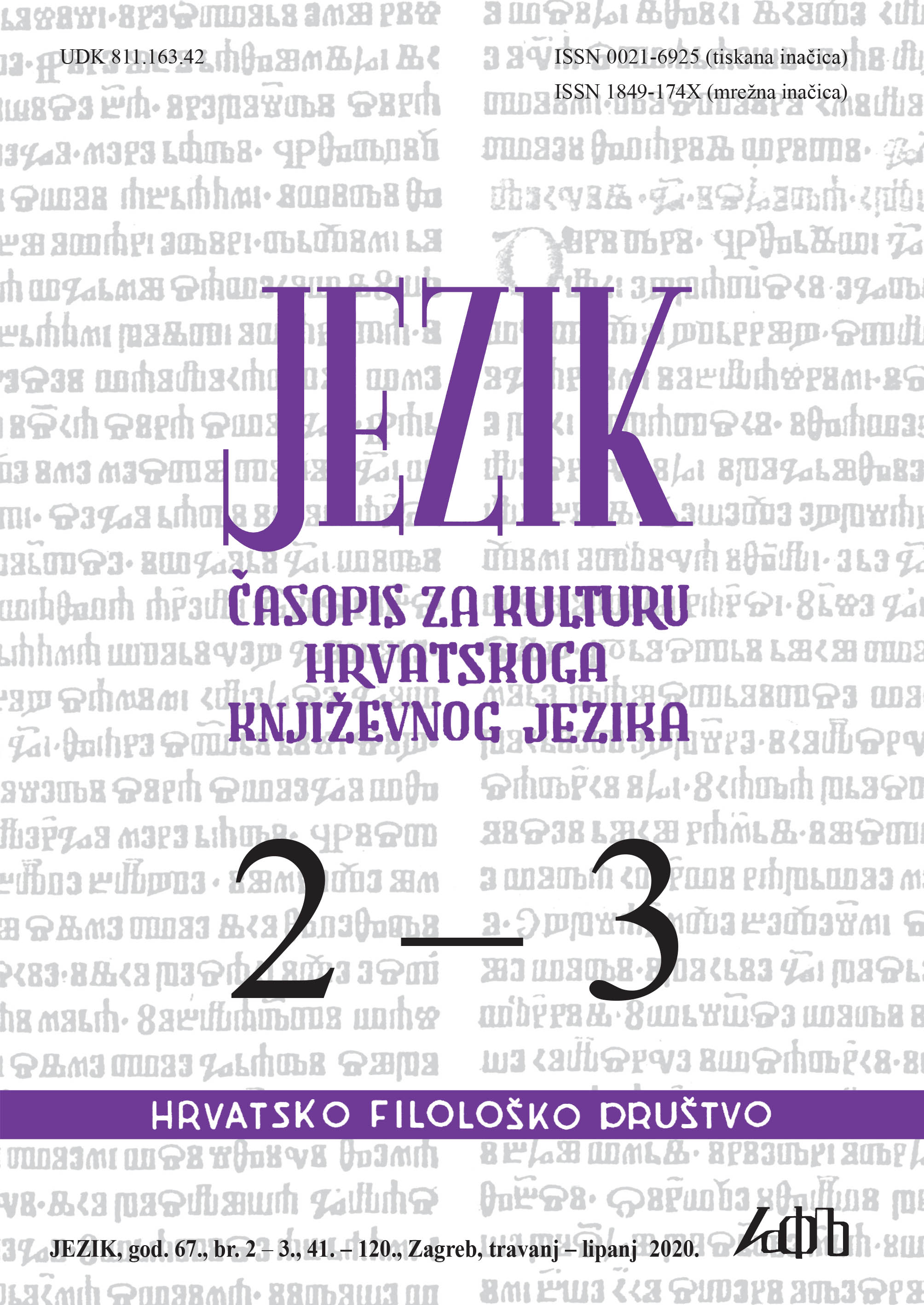Razlikovanje jezika u hrvatskom jezikoslovlju u svjetlu de Saussureove strukturalističke teorije
Language Differentiation in Croatian Linguistics in the Light of de Saussureʼs Structuralist Theory
Author(s): Igor IvaškovićSubject(s): Language and Literature Studies, Sociolinguistics
Published by: Hrvatsko filološko društvo
Keywords: sociolinguistics; structuralism; dialect; criteria; legitimacy;
Summary/Abstract: The aim of this paper is to discuss the issue of arbitrariness in the context of language differentiation criteria. In the first part, the author summarizes the structuralist view of language and, in the context of de Saussure's theory, critically analyzes certain interpretations in Croatian linguistics, which are essential for distinguishing languages. The author argues that language is always a product of society, and, at the same time, a society without history,nationality, religion and other cultural and political elements does not exist. In the context of determining the differences between languages and between dialect and language, the author applies several differentiation criteria on the Croatian language (structural criterion,intelligibility criterion, genetic criterion, identification criterion and standardization criterion), and concludes that within certain criteria there are no clear boundaries, which causes space for arbitration regarding the question whether two languages are identical or different. However, the identification criterion is the clearest one, and it is consistent with the principle that the language belongs to all its speakers. Finally, the paper emphasizes the difference between the legitimacy and the real power for implementing the linguistic reality and, in this context, emphasizes the importance of understanding the de Saussure's consensual approach.
Journal: Jezik: časopis za kulturu hrvatskoga književnog jezika
- Issue Year: 67/2020
- Issue No: 2-3
- Page Range: 59-78
- Page Count: 20
- Language: Croatian

